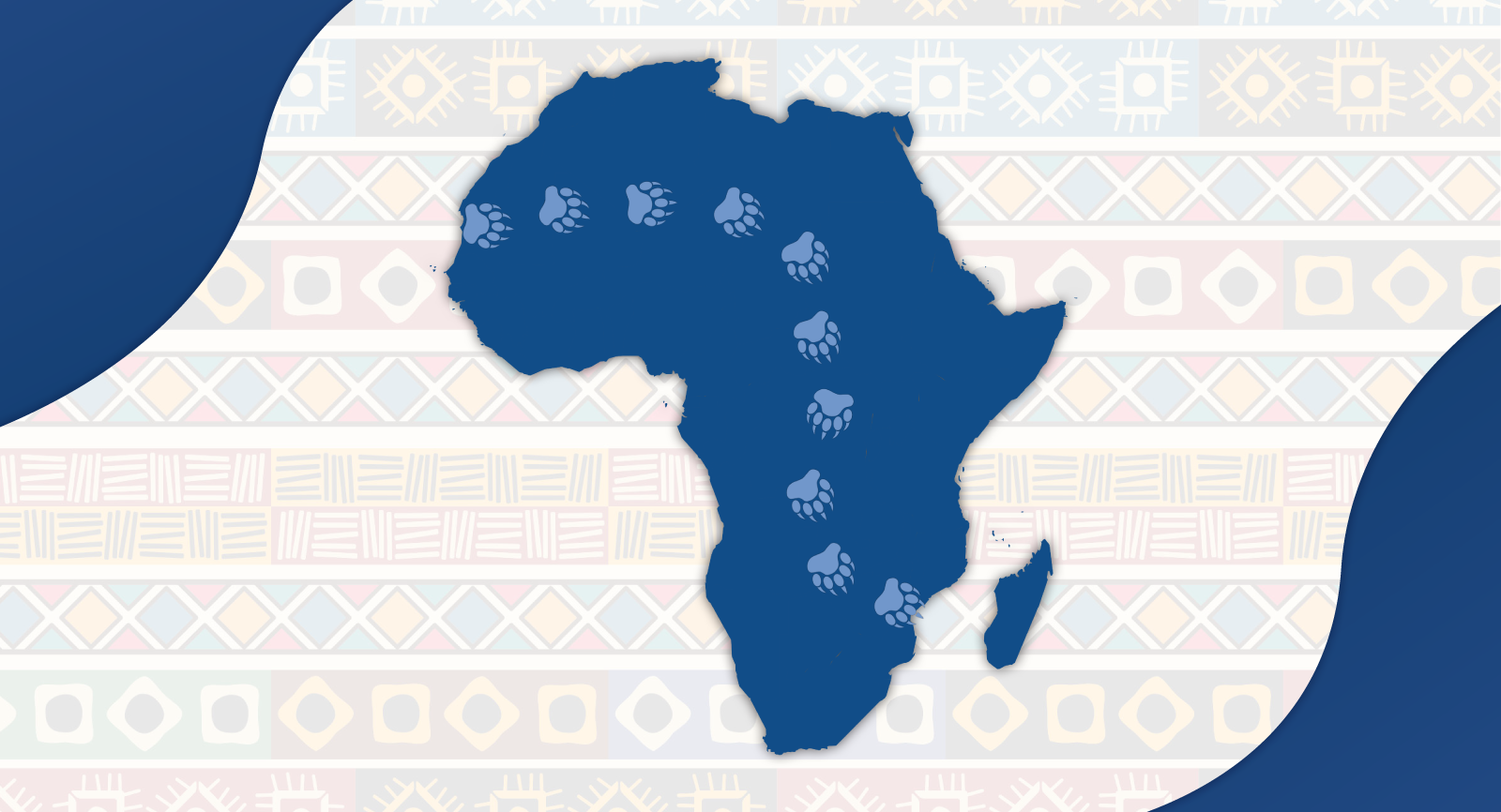
SHARE
Analysis of African responses to Russia’s war on Ukraine has largely focused on examining United Nations voting patterns on sanctions and condemnation of the war. As the international community seeks to understand these reactions, a growing number of articles are drawing attention to Russia’s increased influence in Africa in recent years. That influence is not only geopolitical, it has implications for democracy in Africa.
In a recent expose, Jeune Afrique highlighted the expansive nature of the Wagner Group’s economic operations in the Central African Republic (CAR), describing current activities and ambitions that span the gold, coffee, whiskey, sugar and timber sectors. As many as three convoys a week, each averaging between 150 to 200 trucks, ferry commodities from Wagner operations in CAR to the port in Douala, Cameroon, where the goods are shipped to other destinations. While the article reads like a sordid case study for students of business management, it is clear that these activities are part of a much broader system that robs citizens of revenues from their natural resources, deepens corruption, undermines the rule of law and ironically, fuels the insecurity that Wagner is supposed to help address. In addition, the human rights costs of the Wagner system are well documented. Although Wagner is also present in Libya, Mali and Sudan and was previously active in Mozambique, CAR may provide the best indication, so far, of how the group’s operations in Africa might expand in the coming years. Expansion, of course, is not guaranteed: Wagner’s trajectory in Africa may depend, in large part, on the war in Ukraine and its impact on Russia, its proxies and their operations in Africa.
That is because although many describe the Wagner Group as a “private military contractor,” in practice, it serves as an instrument of the Russian government. It provides troops for the war on Ukraine, security services to selected African elites and carries out disinformation campaigns that muddy the information environment in Africa and benefit the Kremlin. It also engages in economic activities, similar to those in the Jeune Afrique expose, that benefit local allies and Wagner leadership while helping to reduce the impact of sanctions on Russia’s economy.
In fall 2022, NDI convened a scenario-building exercise to explore how these dynamics might evolve in the coming years and their implications for democracy in Africa. Pioneered by the business community and subsequently adopted by governments, nonprofits and other organizations, scenario planning uses a structured approach to storytelling to develop analytical insights into volatile and uncertain operating environments. These insights help participants and policymakers develop “common operating pictures” to inform coordinated decision-making. The exercise examined a wide range of questions, including:
-
How will Wagner’s involvement in the war on Ukraine affect its ability to staff and deliver on its security contracts in Africa?
-
How might relationships between the Kremlin and Wagner Group leadership change, and with what implications for Russian influence in Africa that erodes democracy?
-
To what extent might the growing economic and food crisis, climate change, and pockets of insurgency provide opportunities to further erode democracy in Africa?
-
What innovations in protecting information ecosystems or other events could disrupt the effectiveness of disinformation campaigns targeting Africa?
-
What developments might help shine a brighter light on Kremlin-facilitated democratic erosion and trigger enhanced pushback from African democrats and their international allies?
The resulting report outlines four possible scenarios as well as indicators that would indicate whether a particular scenario is becoming more likely. For instance, in the Emboldened Bear, the Kremlin and its proxies expand disinformation activities, security operations and illicit as well as licit activities in Africa, with high costs for democracy on the continent. In the Bear Necessities, however, due to capacity constraints, Russia and its proxies focus on a handful of countries where their relationships are deepest.
In the coming months, NDI plans to use the scenarios to engage African and other international stakeholders on how the democracy support community can better position itself to shore resilience to Russian operations that threaten democracy in Africa.
###
NDI is a non-profit, non-partisan, non-governmental organization that works in partnership around the world to strengthen and safeguard democratic institutions, processes, norms, and values to secure a better quality of life for all. NDI envisions a world where democracy and freedom prevail, with dignity for all.


